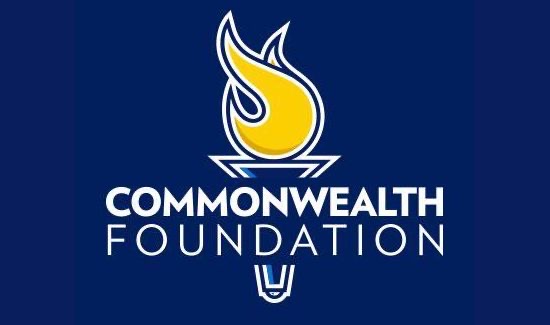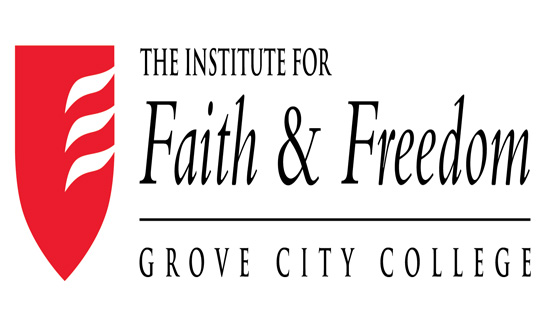
Maryland’s targeted educational choice program was on the chopping block earlier this year. With Democrats controlling both legislative chambers and flipping the governor’s mansion, the Broadening Options and Opportunities for Students Today (BOOST) Scholarship Program’s future looked bleak.
Instead, lawmakers removed language from the state budget that phased out the BOOST program over the coming years and voted to provide $9 million in funding for the 2023–24 school year.
How did the BOOST program emerge on top? The program’s success and demonstrated demand by parents and voters meant more to Maryland Democrats than the political support of public school unions.
Since 2016, BOOST has awarded scholarships to
about 20,000 low-income students to attend the private school of their choice. The program awarded
more than 3,000 scholarships for the 2022–23 school year, with more than half going to students of color.
About $3 million in scholarships went to students in Baltimore, where public schools recently came under fire for their abysmal performance on state testing exams. According to the latest data,
23 schools in the city failed to produce even
one student proficient in math.
After Maryland Gov. West Moore proposed steep cuts to BOOST, state Senate President Bill Ferguson (who represents South Baltimore) defended the program. With his background as a Baltimore City public school teacher, he argued in favor of BOOST and its role in providing “a portfolio of options” that helps all students reach their full potential.
Ferguson publicly shared that he had
“evolved” on the importance of BOOST and pushed back against the false narrative that education choice diminishes funding for public schools. Since BOOST scholarships represent just a fraction of public school spending per student, the program saves money.
BOOST saved Maryland $6 million in its first three years, according to a Cato Institute report.
Despite staunch opposition from Moore and House Democrats, Ferguson brokered a deal that reduced the proposed cut to BOOST and kept the program intact for future students—a massive win for school choice in Maryland.
But we shouldn’t be surprised about these events. School choice is growing in popularity, with parents in red and blue states demanding access to more educational options. More than
70 percent of voters support school choice, according to June polling by Real Clear Opinion research. The tidal wave of
state advances in school choice this year has already surpassed the successes seen in 2021, heralded as “The Year of Educational Choice.”
Other blue states can replicate what happened in Maryland, but only if Democrats listen to their constituents.
Take my home state of Pennsylvania. Democratic Gov. Josh Shapiro
supported school choice on the campaign trail and continued to double down on his support for a proverbial lifeline for students trapped in failing schools.
The Republican-controlled Senate passed—three times now—legislation to provide scholarships to low-income students in the lowest-performing schools in the state. Lifeline Scholarships, also known as the Pennsylvania Award for Student Success (PASS) Scholarship Program, would provide $100 million in Education Opportunity Accounts for these students.
Meanwhile, in the Pennsylvania House of Representatives, Democrats hold a mere one-seat majority and, thus far, have refused to vote on the legislation, leaving the state budget incomplete due to their inaction.
Sadly, House Democrats are ignoring voters and constituents. Lifeline Scholarships/PASS are extremely popular. Notably, a
July poll shows 81 percent of Democrat voters support the measure. Moreover, several prominent Pennsylvania Democrats—including one
House member, an eminent
trades union leader, and
the governor—have all expressed support for Lifeline Scholarships/PASS.
For parents and students to have the choice and freedom in education they deserve, we need more courageous policymakers like Ferguson and fewer afraid of school unions. Furthermore, Shapiro needs to lead with conviction, keep his promise, and lead his party to pass meaningful reforms, such as Lifeline Scholarships/PASS.
If one Democrat can save school choice in Maryland, surely another can do the same in Pennsylvania.
Ultimately, while lawmakers battle one another over programs like BOOST and Lifeline Scholarships/PASS, kids are the casualties. Instead of tedious political games, we need statesmen willing to stand up for kids trapped in failing schools.
Nathan Benefield is the Senior Vice President of the Commonwealth Foundation, Pennsylvania’s free-market think tank.





